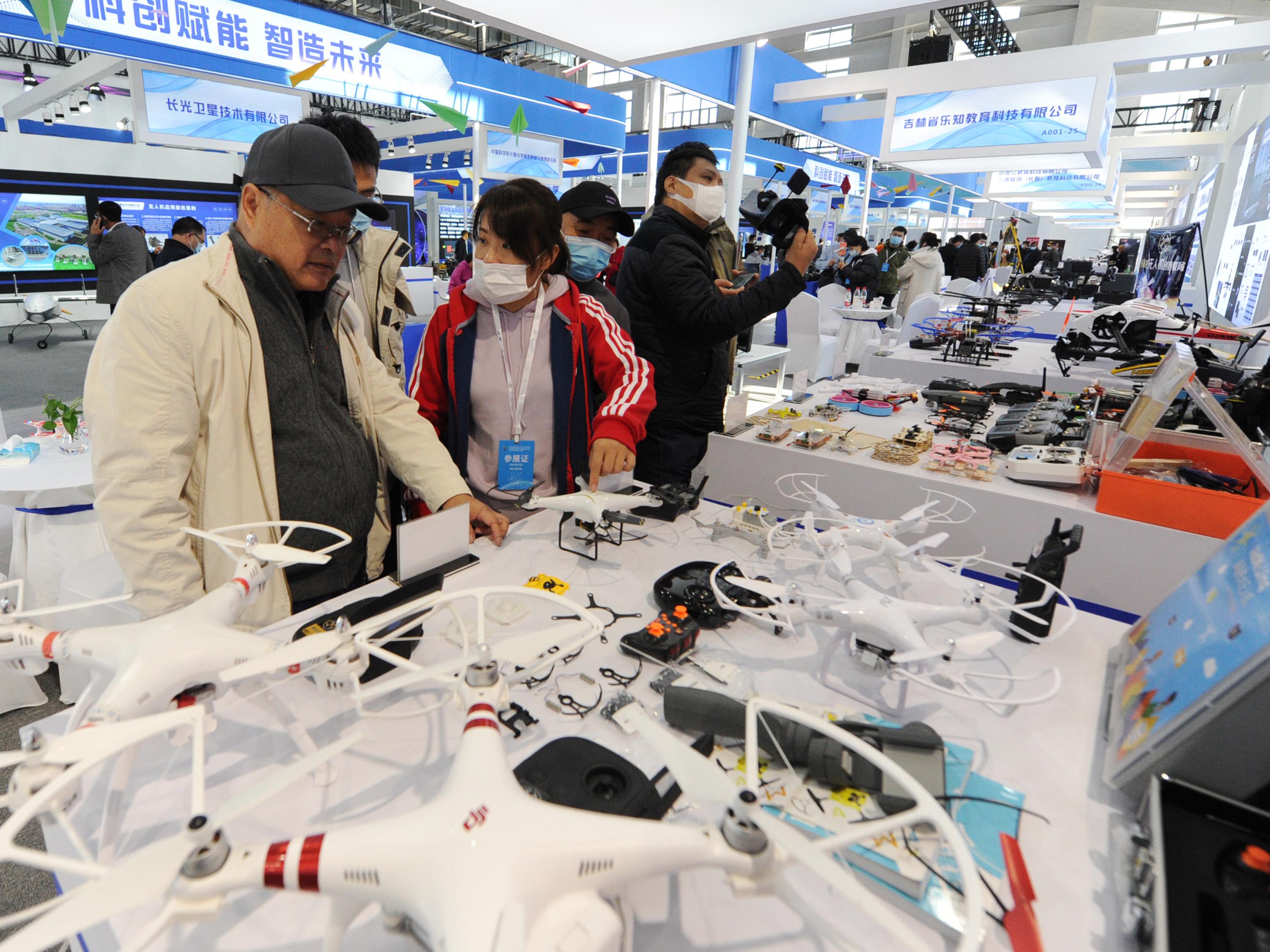
The makers of Pegasus, NSO Group, is the newest addition to the US Department of Commerce’s entity list. What does this mean and how can it affect you? Read to know all about it.
Maker of Pegasus joins the federal blacklist
NSO Group, an Israeli spyware company is officially on the federal blacklist. This move by the US Department of Commerce is stopping NSO from getting its hands on America-made technology. However, NSO Group is not alone. The Department of Commerce also added Canditu, a Computer Security Initiative Consultancy based in Singapore to the list. According to the official statement, this was “based on evidence that these entities developed and supplied spyware to foreign governments that used these tools to maliciously target government officials, journalists, business people, activists, academics, and embassy workers”.
Previously, Chinese firm Huawei was added to the blacklist by the Trump administration in May 2019. They cited “a reasonable basis to conclude that Huawei is engaged in activities that are contrary to US national security or foreign policy interests and its non-US affiliates pose a significant risk of involvement in activities contrary to the national security of the United States”. Other companies such as Esquel’s unit in Xinjiang also made their way to the list. Esquel is one of the largest shirt makers in the world. The firm was supplying big shots such as Tommy Hilfiger and Nike.
How will the US government’s move affect you?
Adding a firm to the Entity list means that the firm can no longer access American software and hardware. However, unlike Huawei, firms like NSO and Candiru operate covertly. Hence, it is not clear how the enforcement will be taking place. According to several experts, this is an important red flag.
“The United States is committed to aggressively using export controls to hold companies accountable that develop, traffic, or use technologies to conduct malicious activities that threaten the cybersecurity of members of civil society, dissidents, government officials, and organizations here and abroad,” said Gina M. Raimondo. Raimondo is the US Secretary of Commerce.
However, for a country like India, this does not point to an outright barring for conducting business. But, several firms may stop interacting or conducting business with such companies due to the fear of approvals and sanctions.
